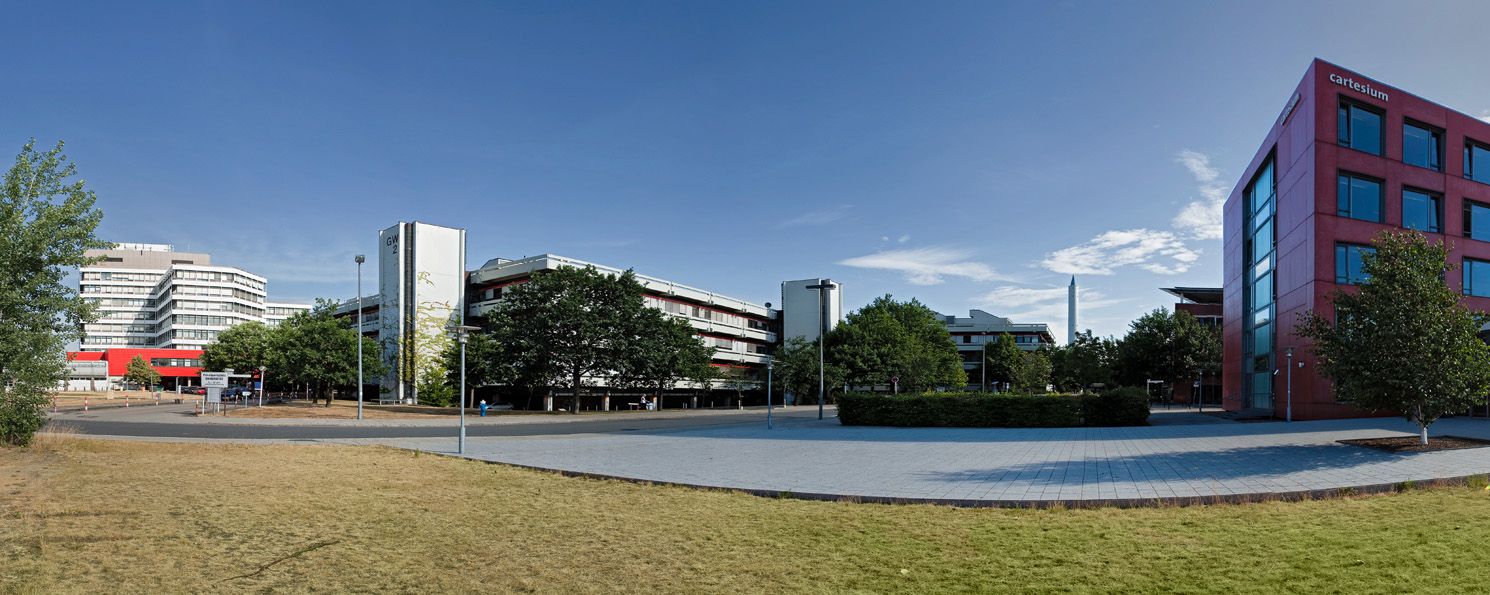
MMMIGS PhD Grants: As of now, the Minds, Media, Machines Integrated Graduate School offers grants to fund PhD candidates’ research, training and networking activities. PhD candidates who take part in one of the doctoral programs in the MMMIGS network or whose supervisor is a member of the high-profile area Minds, Media, Machines are eligible to apply.
Minds, Media, Machines Integrated Graduate School
The Minds, Media, Machines Integrated Graduate School (MMMIGS) supports doctoral candidates and supervisors associated with the interdisciplinary high-profile area Minds, Media, Machines at the University of Bremen.
In particular, MMMIGS promotes structured doctoral education, serves as a hub for already established structured programs, and offers a demand-tailored scientific qualification program. The qualification program complements the transferable skills workshops offered by Bremen Early Career Researcher Development (BYRD) as well as the thematic courses offered by the doctoral programs themselves.
Background
At the University of Bremen, the right to award doctorates is exercised by the faculties. The relevant regulations and procedural rules are developed by doctoral committees and approved by the Vice President Research to assure their quality. Scientific supervision of doctoral candidates is usually carried out individually by a university professor. Individual supervision can, however, be supplemented by various instruments that serve quality assurance and promote the independence of doctoral candidates. This includes involvement of additional (external) supervisors and reviewers, for example in the context of structured doctoral programs, measures to introduce doctoral candidates into an appropriate scientific context as well as qualification offers that prepare them for a career in academia and beyond.
The Minds, Media, Machines Integrated Graduate School carries the above-mentioned supplementary measures into the high-profile area and promotes their implementation. In particular, MMMIGS focuses on establishing structured doctoral programs, involving doctoral candidates in the high-profile area, and offering a subject-specific qualification program.
Contact
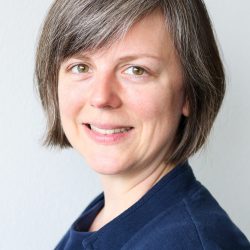
Dr. Lena Wollschläger
Graduate School Coordinator
+49 (0) 421 218 64443
mmmigs@uni-bremen.de
Spokespersons
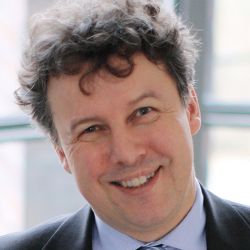
Prof. Dr. Rolf Drechsler
Group of Computer Architecture
+49 (0) 421 218 63932
drechsler@uni-bremen.de

Prof. Dr. Rainer Malaka
Digital Media Lab
+49 (0) 421 218 64402
malaka@tzi.de
Doctoral programs in the MMMIGS network
What is a structured doctoral program?
A structured doctoral program is characterized by a thematically focused research program and a complementary study program. As a rule, at least five university professors are involved in such a doctoral program. Ten to fifteen doctoral candidates each form a cohort and go through the doctoral phase together. The accompanying study program provides them with technical and methodological knowledge and prepares doctoral candidates for a career within and outside academia.
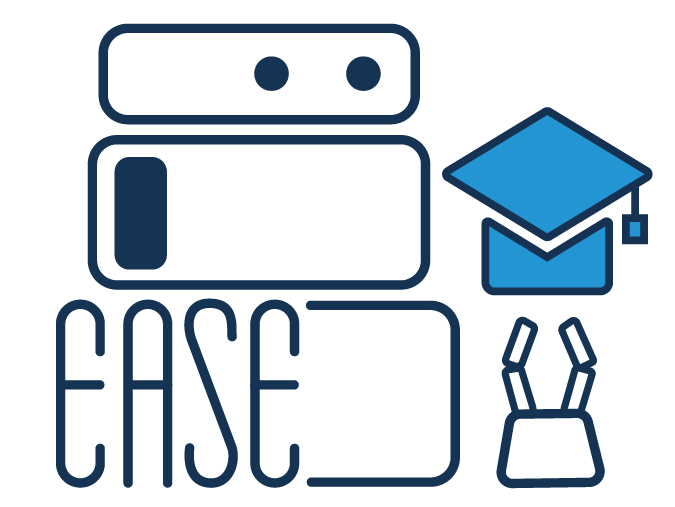
EASE Integrated Research Training Group
The EASE Integrated Research Training Group (IRTG) provides high-quality training to doctoral candidates within the collaborative research centre EASE (Everyday Activity Science & Engineering) for them to obtain key skills and expert knowledge. The IRTG offers measures and activities to ensure and safeguard that doctoral candidates receive the best possible support in the start-up phase of their career, professionally and personally. Its qualification program includes topic-based seminars and workshops as well as an annual Fall School.
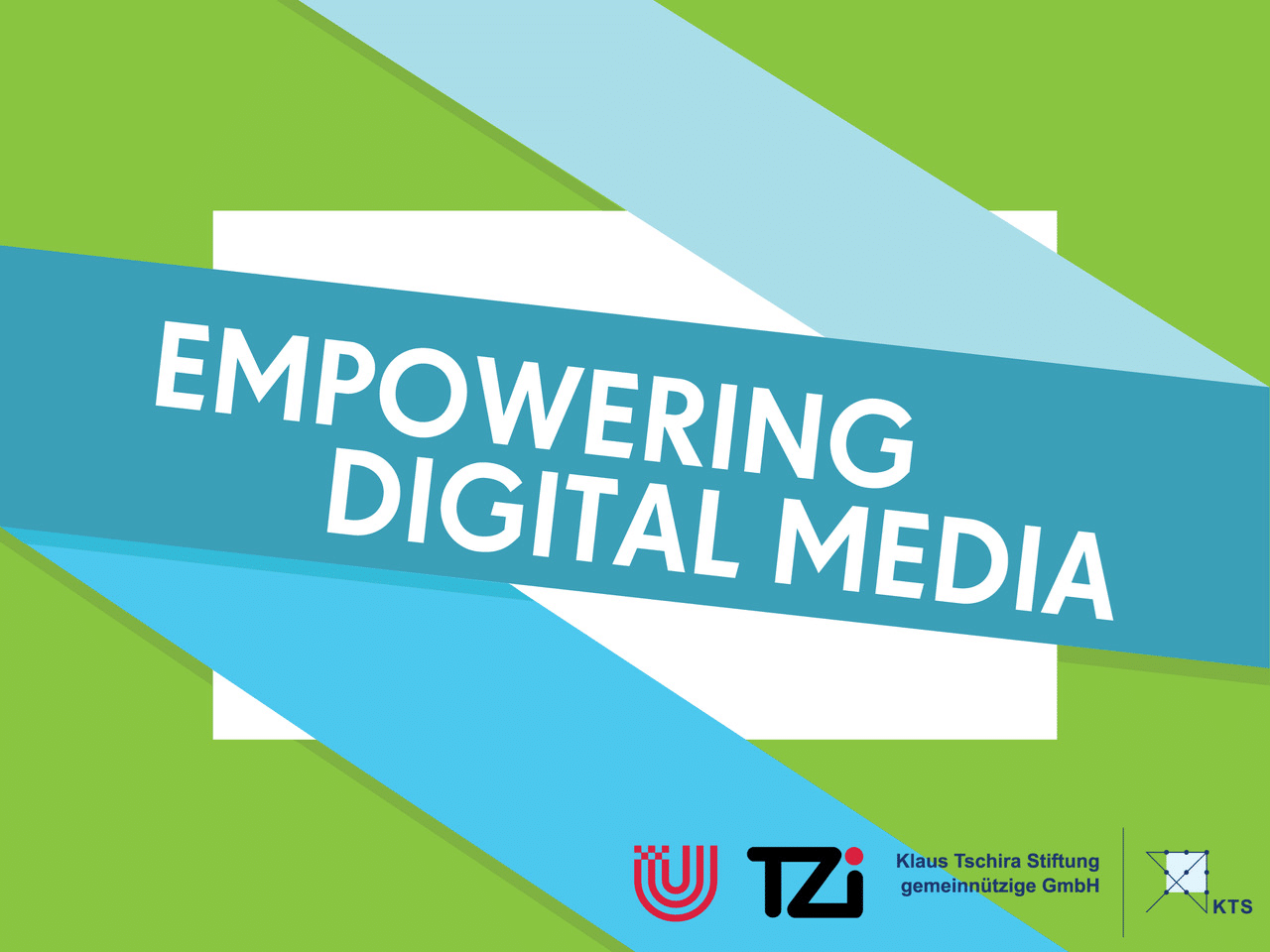
Doctoral Program Empowering Digital Media
Empowering Digital Media (EDM) is a doctoral program funded by the Klaus Tschira Foundation. The aim of the program is to examine the role of digital media in the digital revolution. Moreover, EDM intends to create, implement and evaluate methods and artifacts which have the potential to support people in a sustainable way and have a positive impact on society as a whole. The program started in 2017.
Research Training Group KD2School
The graduate school KD2School (RTG 2739) deals with the design of adaptive systems for economic decisions. It is funded by the DFG and is in the first phase (2021-2025). The graduates are spread over three locations: Karlsruhe (KIT, spokesperson Prof. Christof Weinhardt), Gießen (Uni Gießen) and Bremen (Uni Bremen, co-spokesperson Tanja Schultz) and network with each other through the LabLinking concept. The methods and implementations of this concept are tested, lived and evaluated within the framework of the KD2School.
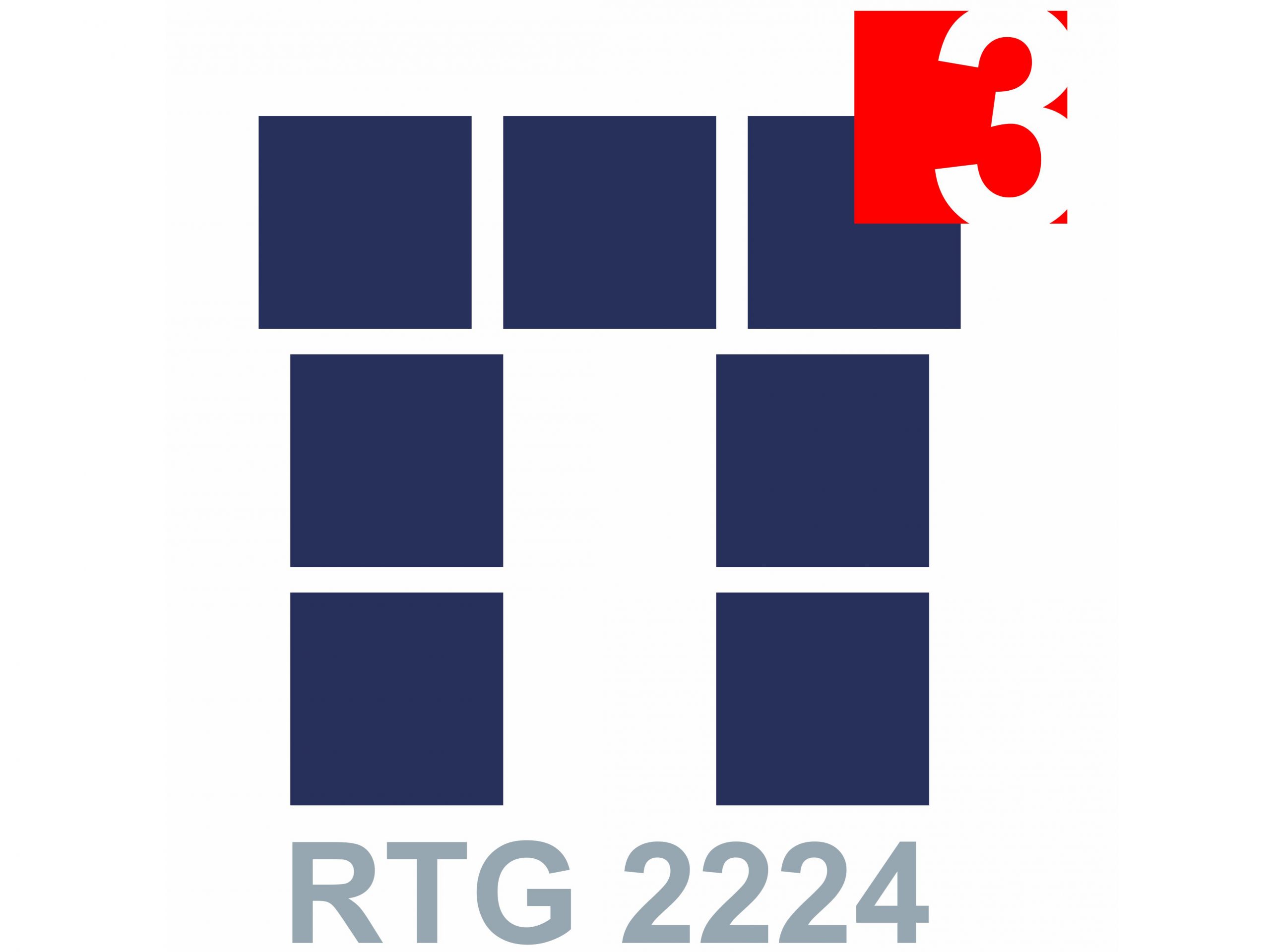
Research Training Group π³
The research training group π³, funded by the German Science Foundation DFG since 2016, focuses on problems in parameter identification which are at the core of a large variety of applications in natural sciences, life sciences, and engineering as well as in industrial applications. This rich field of science presents a multitude of challenges in several fields of mathematical and applied research. More precisely, the endeavor to develop, analyze and optimize models and algorithms for deterministic parameter identification problems, which are formulated as high-dimensional minimization problems for non-linear functionals, is the guiding principle of this RTG.

UBRA AI Center for Health Care
At the “AI Center for Health Care”, doctoral candidates from the U Bremen Research Alliance (UBRA) member institutions collaborate on nine interdisciplinary projects. Recognizing the growing importance of AI in health research, the Center establishes itself as a pivotal platform for in-depth scientific engagement and collaboration. Bolstered by the UBRA’s flagship initiative on “Artificial Intelligence”, the Center places a strong emphasis on enhancing the expertise of its doctoral students. Its primary aim is to leverage the synergies among its member institutions, striving to deliver lasting impact in the research field. This endeavor is funded by the Federal State of Bremen.

ZeMKI Doctoral Program
The doctoral program of the Center for Media, Communication and Information Research (ZeMKI) deals with the development of media and communication. In deeply mediatized societies, social fields including politics, education, religion, popular culture and art are transforming. Not only changing digital infrastructures, but also innovative practices of media use and datafication play a role. Since phenomena in these thematic fields are multi-layered, the doctoral program as a whole is based on a broad interdisciplinary approach in order to strengthen the respective disciplinary doctorates.
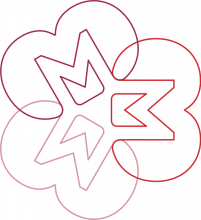
Your doctoral program could appear here!
Please find more information about membership in the MMMIGS network for existing doctoral programs at the end of this page. If you are interested in setting up a structured doctoral program, in applying for recognition of such a program at the University of Bremen, or in applying for third-party funding, please read on here.
Qualification offers
Participation in qualification workshops and courses
The qualification offers of the Minds, Media, Machines Integrated Graduate School are open to all doctoral candidates who take part in one of the doctoral programs in the MMMIGS network listed above or whose doctorate is supervised by a member of the high-profile area Minds, Media, Machines. For a current list of MMM members, please click on this link. Information regarding registration can be found in the respective event description.
Upcoming workshops and courses
to
Transferable skills training
At the University of Bremen, the support center Bremen Early Career Researcher Development (BYRD) offers a transferable skills training program specially tailored to doctoral candidates. Their workshops and information events support doctoral candidates in their research activities and provide them with additional qualifications for a scientific career, but also for starting a career outside of academia after completing the doctorate. BYRD’s program is open to all doctoral candidates at the University of Bremen. Individual courses can, however, also be integrated directly into the study program of a structured doctoral program. Within the Minds, Media, Machines Integrated Graduate School, BYRD’s courses can also be offered for groups of doctoral candidates made up of members of various doctoral programs or working groups.
Scientific qualification offers
The Minds, Media, Machines Integrated Graduate School complements BYRD’s offer with a demand-tailored scientific qualification program. The focus is on courses and workshops that are of interest to doctoral candidates from various doctoral programs or working groups. This could be, for example, courses on robotics or game engines, but also workshops on research methods or research data management. The needs and interests of doctoral candidates are regularly queried by MMMIGS. Furthermore, doctoral candidates can vote on proposals for courses and workshops. Wherever possible, members of the associated doctoral programs and the high-profile area Minds, Media, Machines should contribute their technical and methodological knowledge to the qualification program.
Networking offers
Access to networking opportunities
The Minds, Media, Machines Integrated Graduate School offers several networking opportunities for members of the doctoral programs listed above as well as members of the high-profile area Minds, Media, Machines and the doctoral candidates they supervise. Access to the communication platform and the MMMIGS handbook may be requested by email. Please state your name, your university account, your faculty, and the doctoral program or MMM working group you are a member of. For a current list of MMM members, please click on this link.
Upcoming networking events
Communication platform
Due to the interdisciplinary nature of the high-profile area Minds, Media, Machines and the large number of working groups and collaborators involved in it, there are only few opportunities for spontaneous encounters in everyday work, especially between doctoral candidates across doctoral programs and working groups. In order to enable contact and communication between doctoral candidates as well as supervisors across doctoral programs in the MMMIGS network and MMM working groups, the Minds, Media, Machines Integrated Graduate School provides them with an online communication platform.
Access to the communication platform may be requested by email. Please state your name, your university account, your faculty, and the doctoral program or MMM working group you are a member of.
MMMIGS handbook
The MMMIGS handbook is an online collection of knowledge on the process of gaining a doctorate at the University of Bremen and in the subject areas represented in the high-profile area Minds, Media, Machines. The handbook is gradually being filled with content that is of interest to doctoral candidates in the various phases of the doctoral process, but also to their supervisors and to coordinators of structured doctoral programs associated with the high-profile area.
In addition, members of the graduate school can edit the handbook like a wiki and add information themselves. They can, for example, report on their experiences at relevant conferences or with the publication process in various journals, document best practices for shaping the supervisory relationship, and exchange tips for planning workshops, retreats or summer schools.
Networking events
In addition to the communication platform and the handbook, the Minds, Media, Machines Integrated Graduate School organizes regular networking events to allow the doctoral candidates and supervisors to get to know each other and to exchange ideas. The topics of these meetings are based on the interests and needs of the participants and can concern, on the one hand, the doctoral process (e.g. finding a topic, writing scientific texts or shaping the supervisory relationship) and on the other hand relevant research questions or research methods.
The interdisciplinary orientation of the high-profile area increases the variety of topics, methods, and approaches and is therefore an added value for both doctoral candidates and their supervisors. The contents of the meetings are documented in the handbook to make them available also for those members who cannot attend the meeting.
MMMIGS network and individual membership
Structured doctoral programs in which at least two members of the high-profile area Minds, Media, Machines are involved can become members of the MMMIGS network. The MMMIGS serves as a central hub that moderates and optimizes the flow of information between the programs. Participating doctoral candidates and supervisors become members of the graduate school. In addition, individual membership in the MMMIGS is open to members of the high-profile area Minds, Media, Machines and the doctoral candidates they supervise.
Offers for doctoral programs
Structured doctoral programs in which at least two members of the high-profile area Minds, Media, Machines are involved, can join the network of the Minds, Media, Machines Integrated Graduate School. Structured doctoral programs include both third-party funded doctoral programs and programs that meet the minimum standards for internal recognition as a structured doctoral program at the University of Bremen.
MMMIGS supports the doctoral programs in its network in applying for funding, in advertizing positions or stipends for doctoral candidates, and in communication measures. Quality assurance measures and administrative tasks can be bundled and carried out jointly to allow for optimal use of resources. For this purpose, MMMIGS organizes a regular exchange between the coordinators of the associated doctoral programs. Participating doctoral candidates and supervisors become members of the graduate school and receive access to its networking, qualification and support measures.
Offers for doctoral candidates
Doctoral candidates who participate in one of the doctoral programs in the MMMIGS network become members of the graduate school. In addition, individual membership in the MMMIGS is open to doctoral candidates whose doctorate is supervised by a member of the high-profile area Minds, Media, Machines. All members get access to various networking, qualification, and support measures offered by the graduate school.
The networking measures include access to the online communication platform and the MMMIGS handbook as well as the possibility to participate in networking meetings. The qualification program includes demand-tailored scientific qualification offers and (in cooperation with BYRD) transferable skills training, both with a focus on topics that are of interest to doctoral candidates from various doctoral programs or working groups. In addition, doctoral candidates may apply for financial support for research stays, conference visits or other measures supporting their doctoral projects.
Offers for supervisors
Principle investigators involved in a doctoral program in the MMMIGS network and members of the high-profile area Minds, Media, Machines can become members of the MMMIGS. Members receive access to the communication platform, the MMMIGS handbook, and other networking offers of the graduate school. They are encouraged to contribute to the subject-specific qualification program for the doctoral students within the scope of their possibilities.
In addition, MMMIGS advises and supports the members of the high-profile area in designing new structured doctoral programs, in applying for internal university recognition of their existing or new structured doctoral programs and, if necessary, in applying for funding. Feel free to contact us by email if you have any further questions.
